Friday, November 8, UIC Hull-House Museum (800 S. Halsted, Chicago)
3:30-5:00 pm, Panel Four
Moderator: Karen Underhill (UIC Slavic and Baltic Languages and Literatures)
Conversation with:
Filip Springer (writer and photojournalist)
Sławomir Sierakowski (Krytyka Polityczna)
Michał Paweł Markowski (UIC Slavic and Baltic Languages and Literatures)
about Narrating nations – Central and Eastern European Literatures after 1989
free and open to the public.
program: narratingnations.publish.uic.edu/
RSVP required for literary reading only [email protected]
At the dawn of the twenty-first century, the relationship among identity, language and location has become more complex due to the increased mobility of individuals and groups, as well as the rise of virtual communities in the cyber sphere.
We live in an age of global economic and cultural trends, displacement and dispersal of ethnic groups, and shifting political borders. Rapidly and frequently traversing territorial boundaries, displaced individuals serve as transnational cross-pollinators of culture and scramble nation-bound conceptions of identity. These phenomena complicate the ways we categorize, study, and consume literature; disrupt the criteria we use to delineate literary canons; and call into question the very notion of “national literature.”
Nowhere are these questions of nation and national literature more germane than in the former Soviet bloc. The cataclysmic changes brought on by the economic and cultural restructurings, known as Perestroika and Glasnost’, challenged the role of geographic and political boundaries in defining so-called national literatures. This conference brings together contemporary writers from Central and Eastern Europe and scholars who study their work to interrogate the concept of national literature in the years after 1989 when national identity was and continues to be increasingly destabilized.
Thursday, November 7, Goethe-Institut Chicago (150 N Michigan Ave #200, Chicago)
3:00-4:45 pm, Welcome and Panel One
Moderator: Elizabeth Loentz (UIC Germanic Studies)
Short Lecture: Marcel Beyer (writer)
Lecture: Wolfgang Emmerich (UIC Germanic Studies)
Commentary: Breon Mitchell (Indiana U Germanic Studies)
Followed by light refreshments
6:00 pm, Literary Reading – RSVP required
Marcel Beyer
Mikhail Shishkin
Aleksandar Hemon
Filip Springer
Discussion moderated by Susan Harris (Words Without Borders)
Friday, November 8, UIC Hull-House Museum (800 S. Halsted, Chicago)
9:00-10:00 am, Registration and coffee
10:00-11:45 am, Welcome and Panel Two
Moderator: Nada Petkovic-Djordjevic (U of Chicago Slavic Languages and Literatures)
Short Lecture: Aleksandar Hemon (writer)
Lecture: Tomislav Longinovic (U of Wisconsin Slavic Languages and Literatures)
Commentary: Jacob Emery (Indiana U Slavic Languages and Literatures) and
Angelina Ilieva (U of Chicago Slavic Languages and Literatures)
12:00-1:15, Lunch (Provided)
1:30-3:00 pm, Panel Three
Moderator: Colleen McQuillen (UIC Slavic and Baltic Languages and Literatures)
Short Lecture: Mikhail Shishkin (writer)
Lecture: Mark Lipovetsky (U of Colorado Russian Studies)
Commentary: Marina Mogilner (UIC History)
3:00-3:30 pm, Coffee Break
3:30-5:00 pm, Panel Four
Moderator: Karen Underhill (UIC Slavic and Baltic Languages and Literatures)
Conversation with:
Filip Springer (writer and photojournalist)
Sławomir Sierakowski (Krytyka Polityczna)
Michał Paweł Markowski (UIC Slavic and Baltic Languages and Literatures)
Organized by: UIC Department of Germanic Studies, UIC Department of Slavic and Baltic Languages and Literatures
With support from: Goethe Institut Chicago, DAAD (German Academic Exchange Service), Center for Humanities at Tufts University (CHAT), UIC Hejna Chair in Polish Studies, UIC Thaden Chair in Russian Intellectual History, UIC School of Literatures, Cultural Studies, and Linguistics, UIC Office of International Affairs, UIC International Studies Program, UIC Institute for the Humanities, UIC History Department

 Wspieraj
Wspieraj 

 Wspieraj
Wspieraj  Wydawnictwo
Wydawnictwo 
 Zaloguj się
Zaloguj się 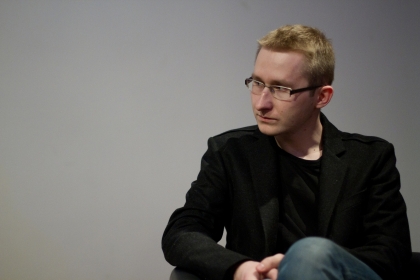
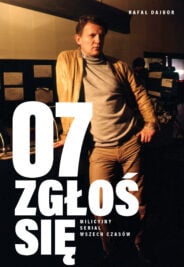
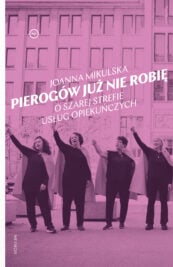



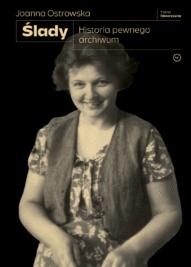
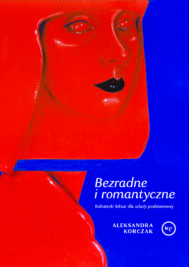
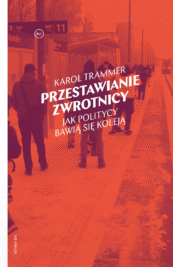
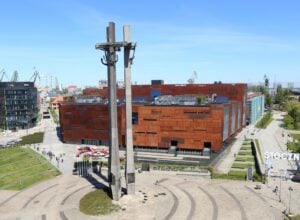
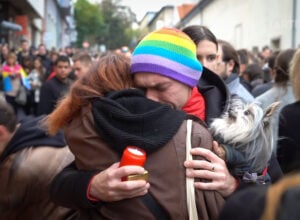
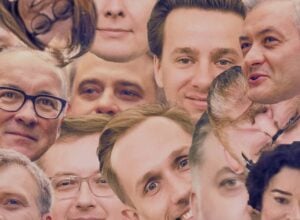
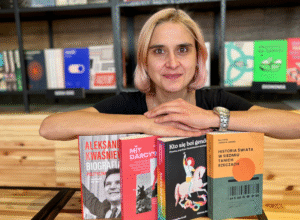
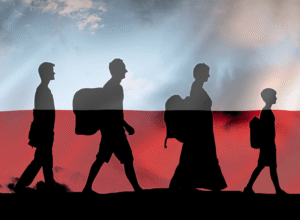
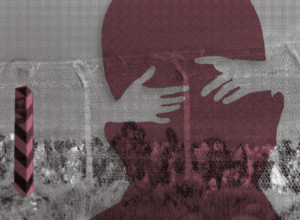
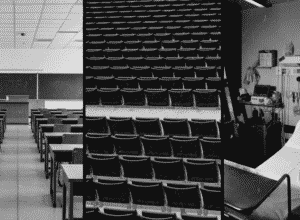
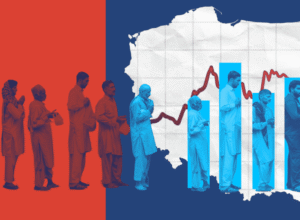
Komentarze
Krytyka potrzebuje Twojego głosu. Dołącz do dyskusji. Komentarze mogą być moderowane.